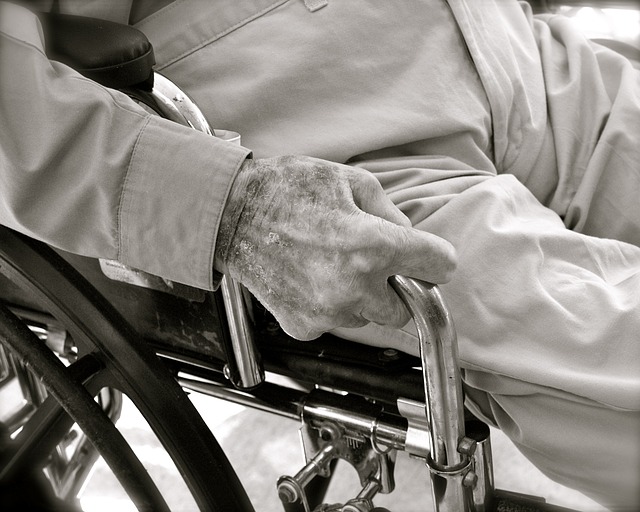It’s a hard day when you visit your mom or dad and realize that they are weak, frail, and not as capable as they used to be. It can trigger anxiety around what is the best course of action to take both for them and the rest of the family. Ultimately, we want to serve their needs with love and understanding. But we also don’t want to create a situation that spawns resentment, despair, or a financial strain. Though there are many things you can do to help them through this time, here are 3 quality ways to support your aging parents.
Support Your Aging Parents #1: Move Them In
 If you have the extra space and time to care for your aging parents, you could have them move in with you. This can be extremely rewarding for both them and you. The substantial time you will have together is enriching and can even aid in memory and health issues. Do, however, consider this option carefully. The whole family needs to be on board with having any additional people in your home. You will also need to make sure you can serve any special mobility needs.
If you have the extra space and time to care for your aging parents, you could have them move in with you. This can be extremely rewarding for both them and you. The substantial time you will have together is enriching and can even aid in memory and health issues. Do, however, consider this option carefully. The whole family needs to be on board with having any additional people in your home. You will also need to make sure you can serve any special mobility needs.
Of course, having your parent(s) come live with you isn’t just about finding a place for them to live physically, but also making a space emotionally for them within the family. This is especially relevant if you haven’t all lived close to one another in a while. As it can be quite challenging to rewrite familial roles.
Support Your Aging Parents #2: Hire Home Care
 The second option to consider is senior home care for your elderly parent. This is when they receive personal and health care at home by a qualified professional. This is also something they may need even if they live with you, especially if they have health problems. The main advantage of home care is that immobile or disabled folks can get what they need without having to leave their home. Regular care and companionship helps with mental well being and also gives you peace of mind.
The second option to consider is senior home care for your elderly parent. This is when they receive personal and health care at home by a qualified professional. This is also something they may need even if they live with you, especially if they have health problems. The main advantage of home care is that immobile or disabled folks can get what they need without having to leave their home. Regular care and companionship helps with mental well being and also gives you peace of mind.
Support Your Aging Parents #3: Place Them in a Senior Home or Assisted Living
Another option for supporting your aging parent is to consider nursing care. This level of care is usually opted for in cases of ongoing health issues or lack of other living options. In particular people with Alzheimer’s or dementia often need around-the-clock medical care and security.
Consider all the details of their needs, including medical and mobility. There are facilities that have medication management assisted living. Because this type of care needs to be accurate, look at quality facilities that have superior reviews. If health is not a concern, this choice might not be as critical. Additionally, assisted living communities can also be quite rewarding for the aged in terms of socialization and independence.
With elderly parents, it’s important to have open communication about their needs as well as your own. You want to come to a livable agreement that serves to create ease and comfort for the entire family. It may also help to talk about this future time with your parents before they are in their golden years.
 Women's Life Link Be Well, Be Happy, Be YOU!
Women's Life Link Be Well, Be Happy, Be YOU!





